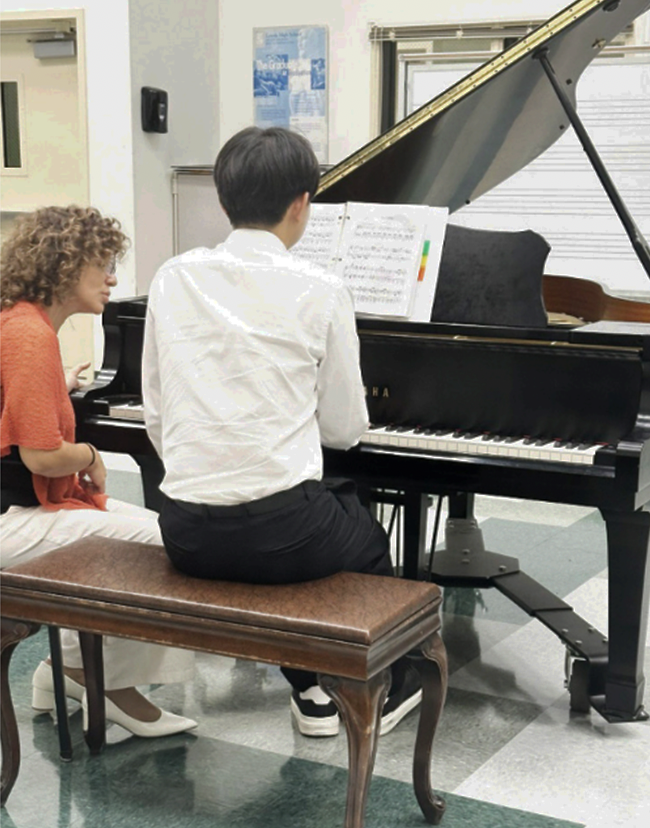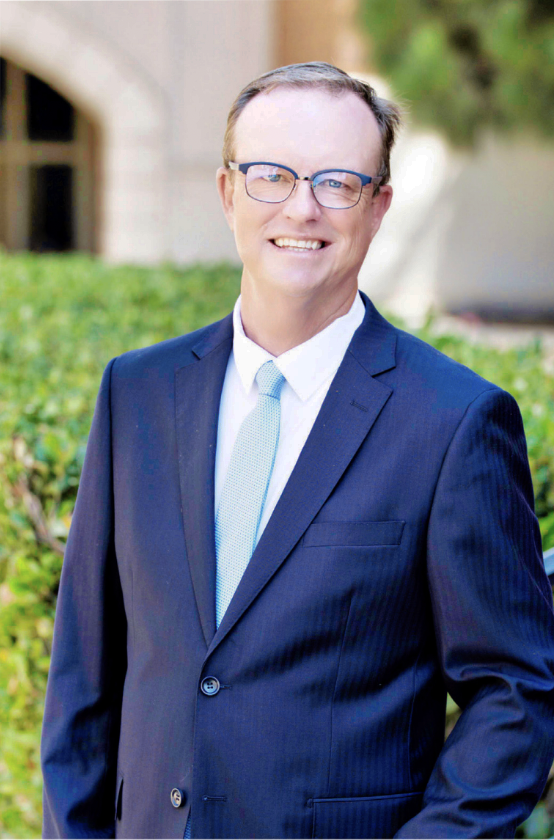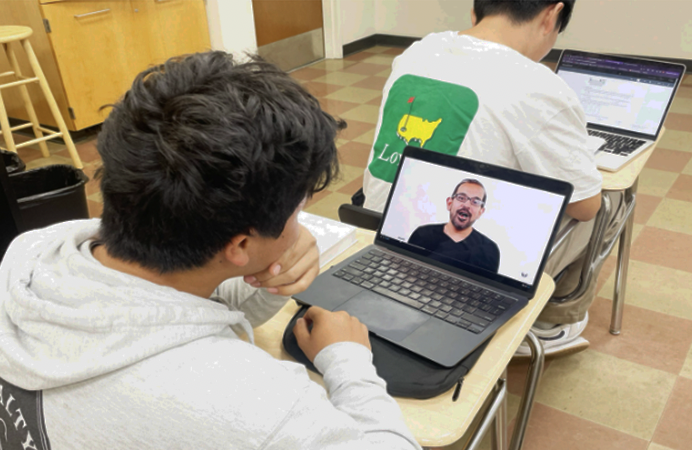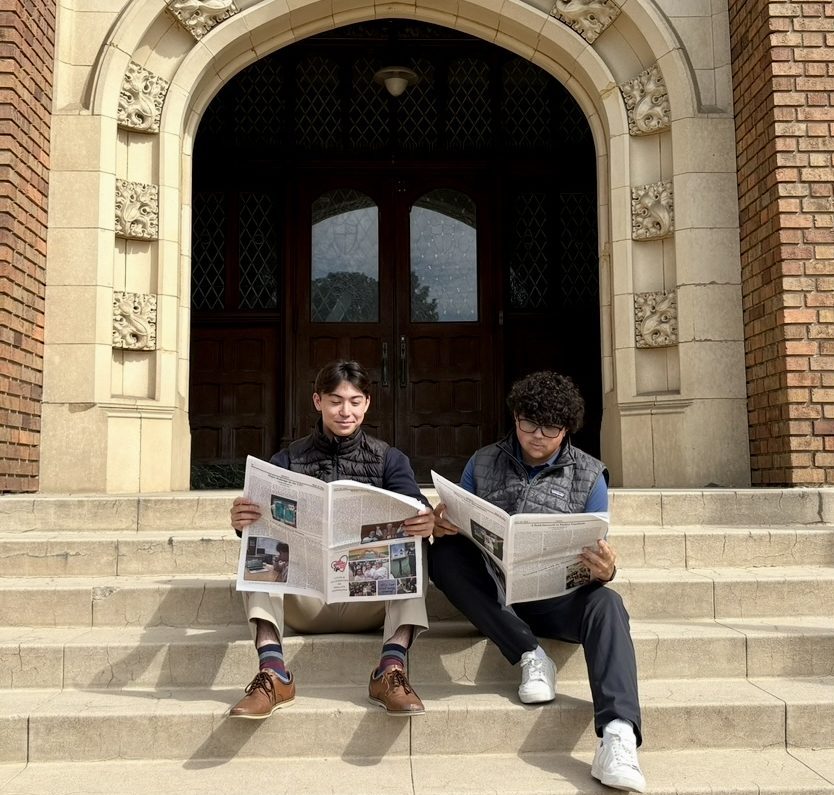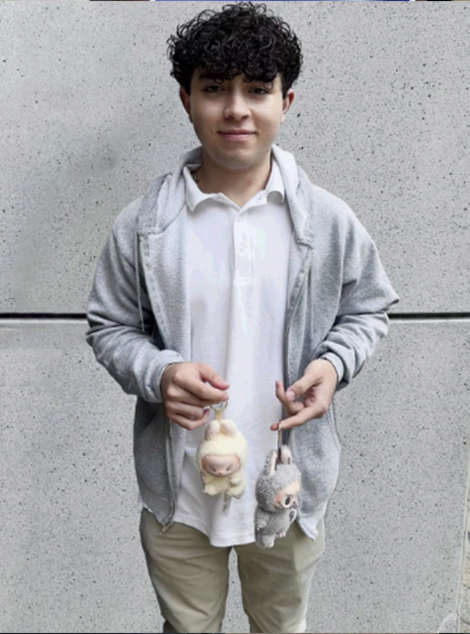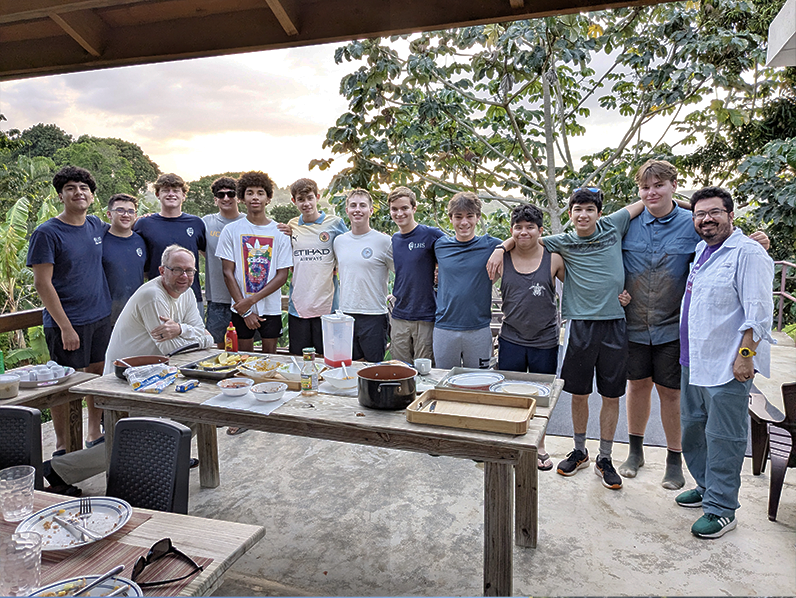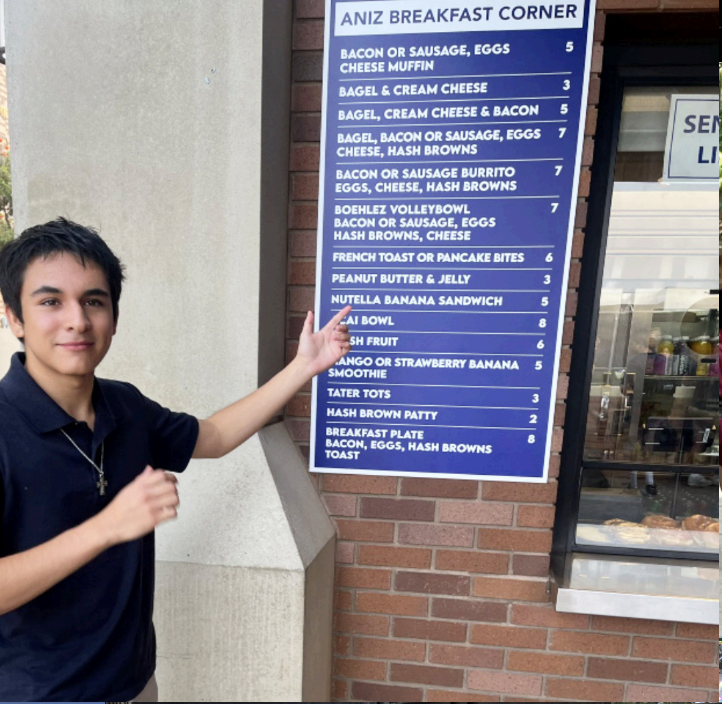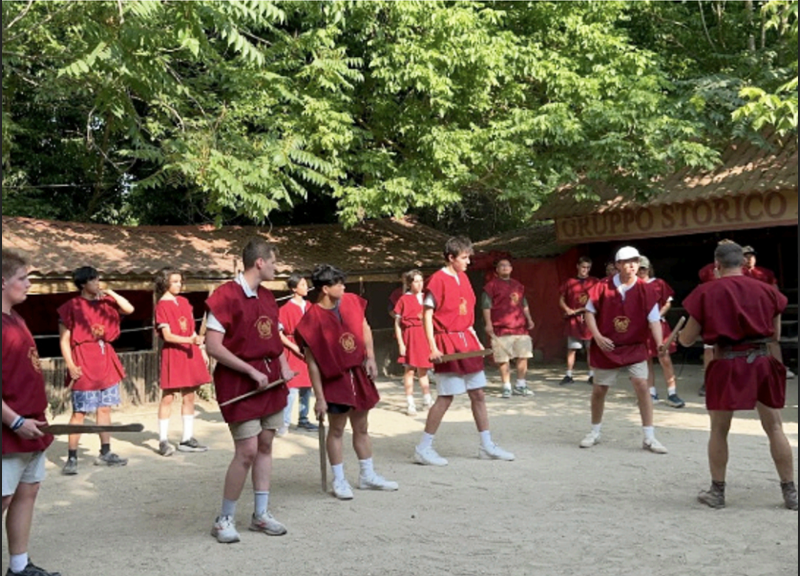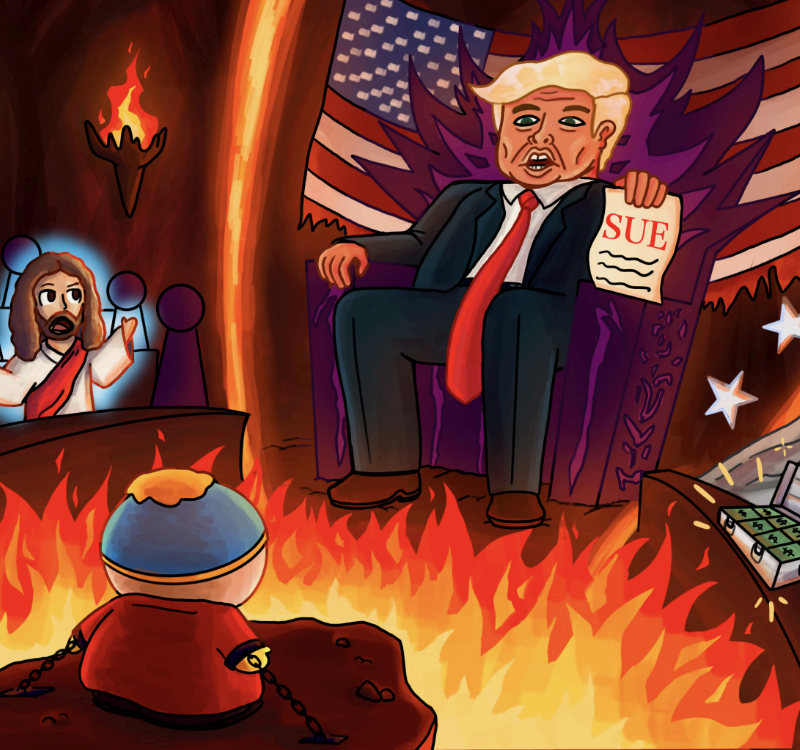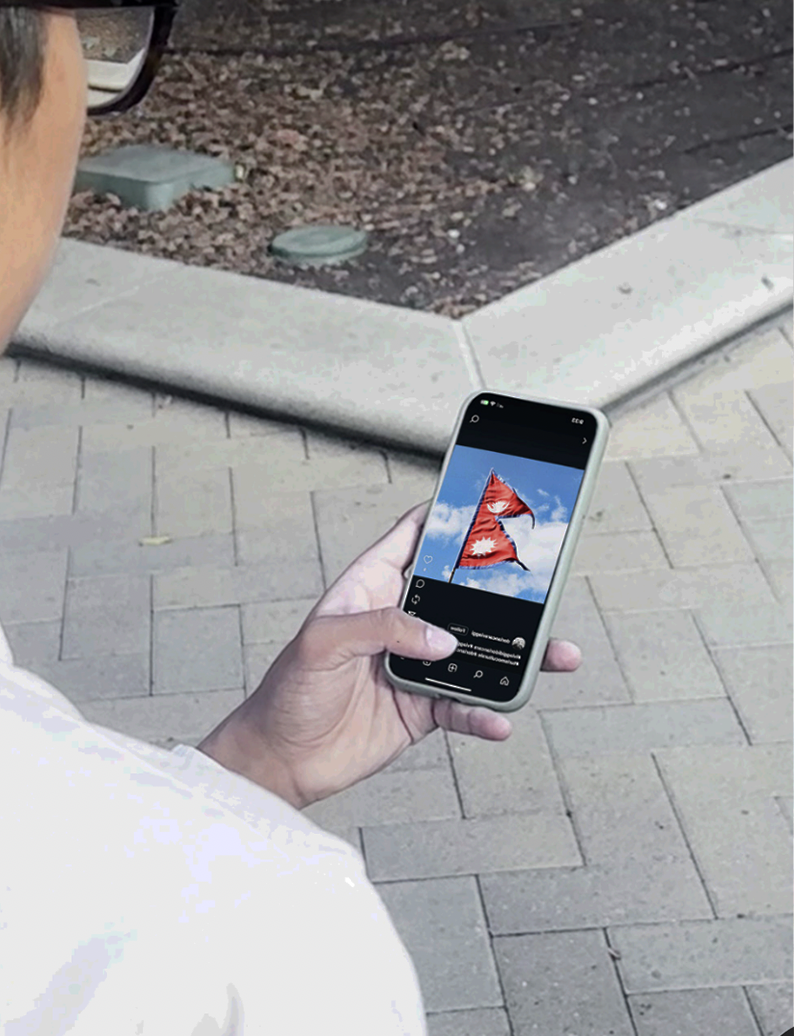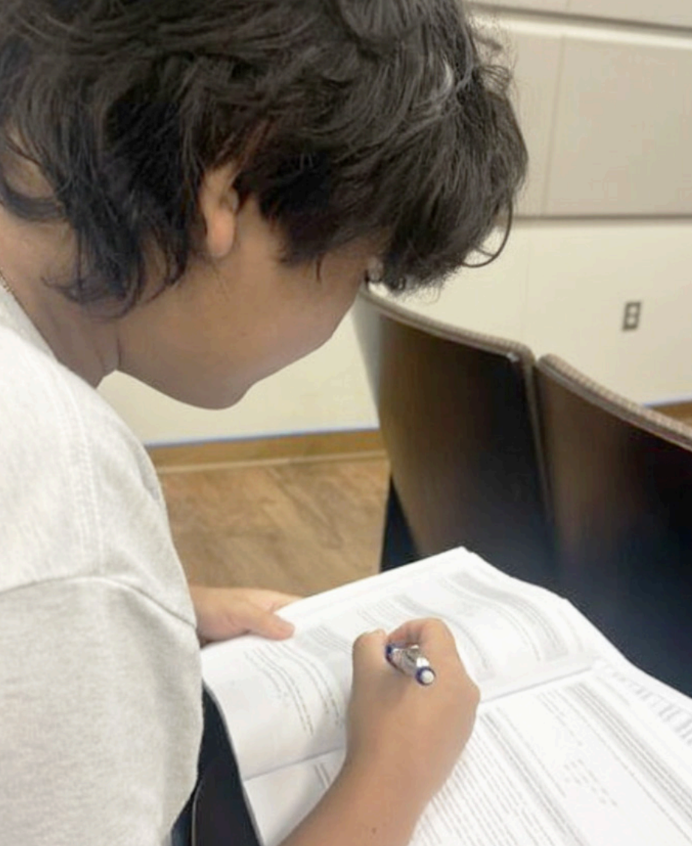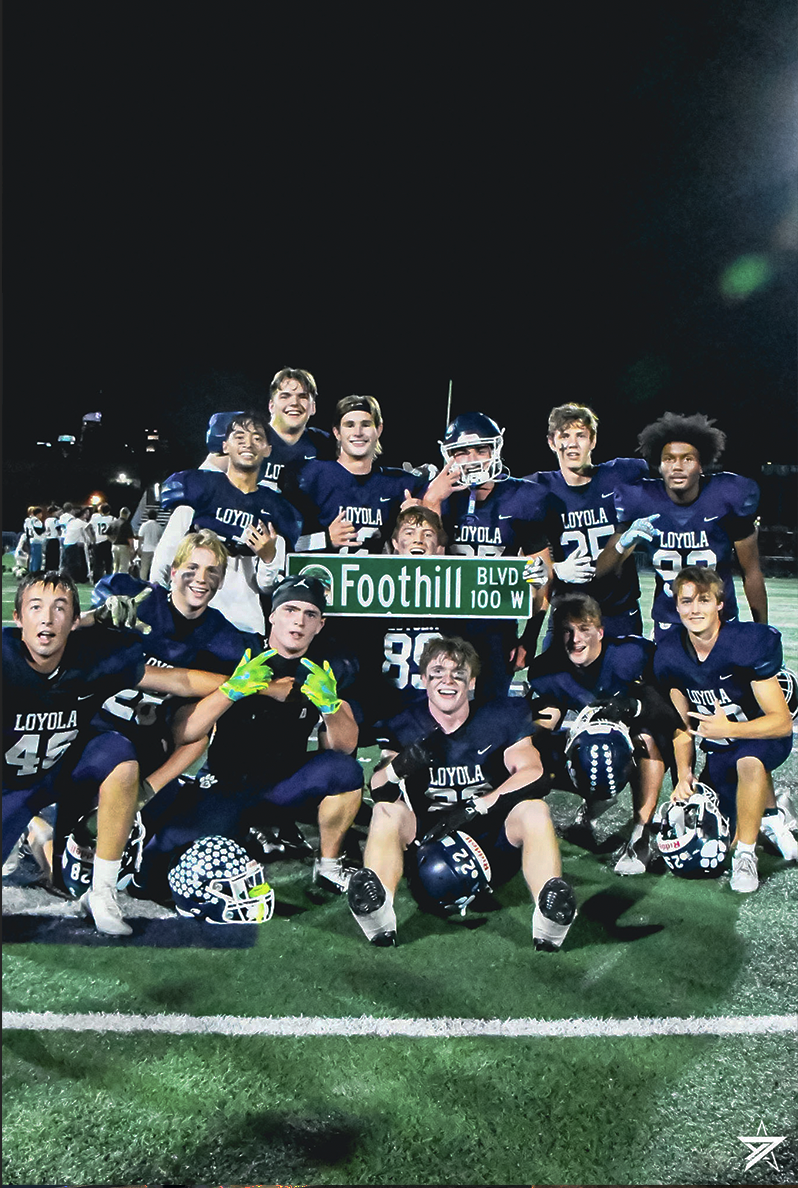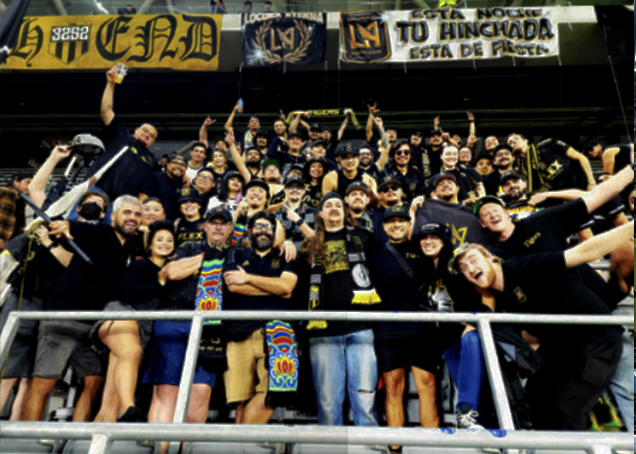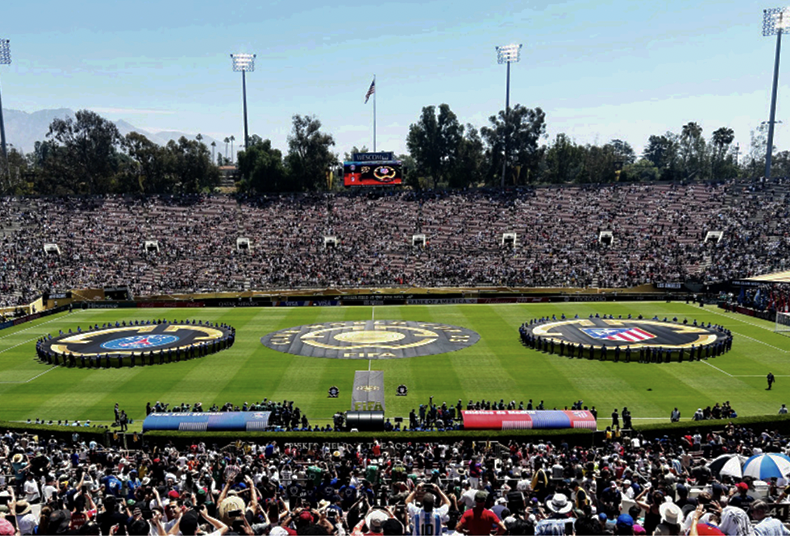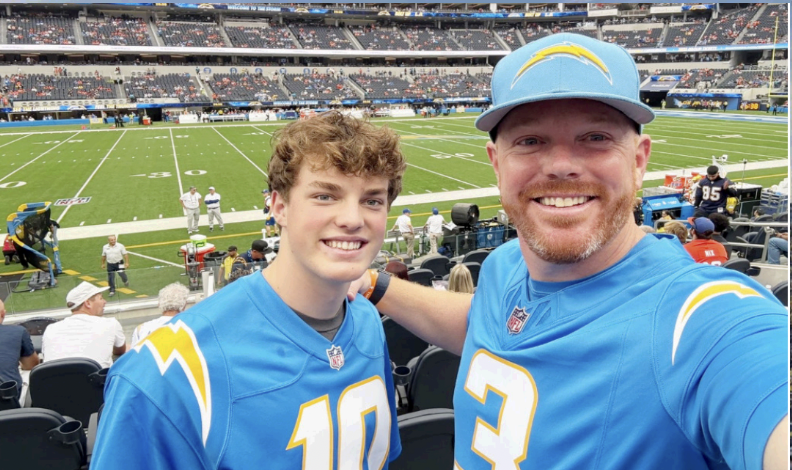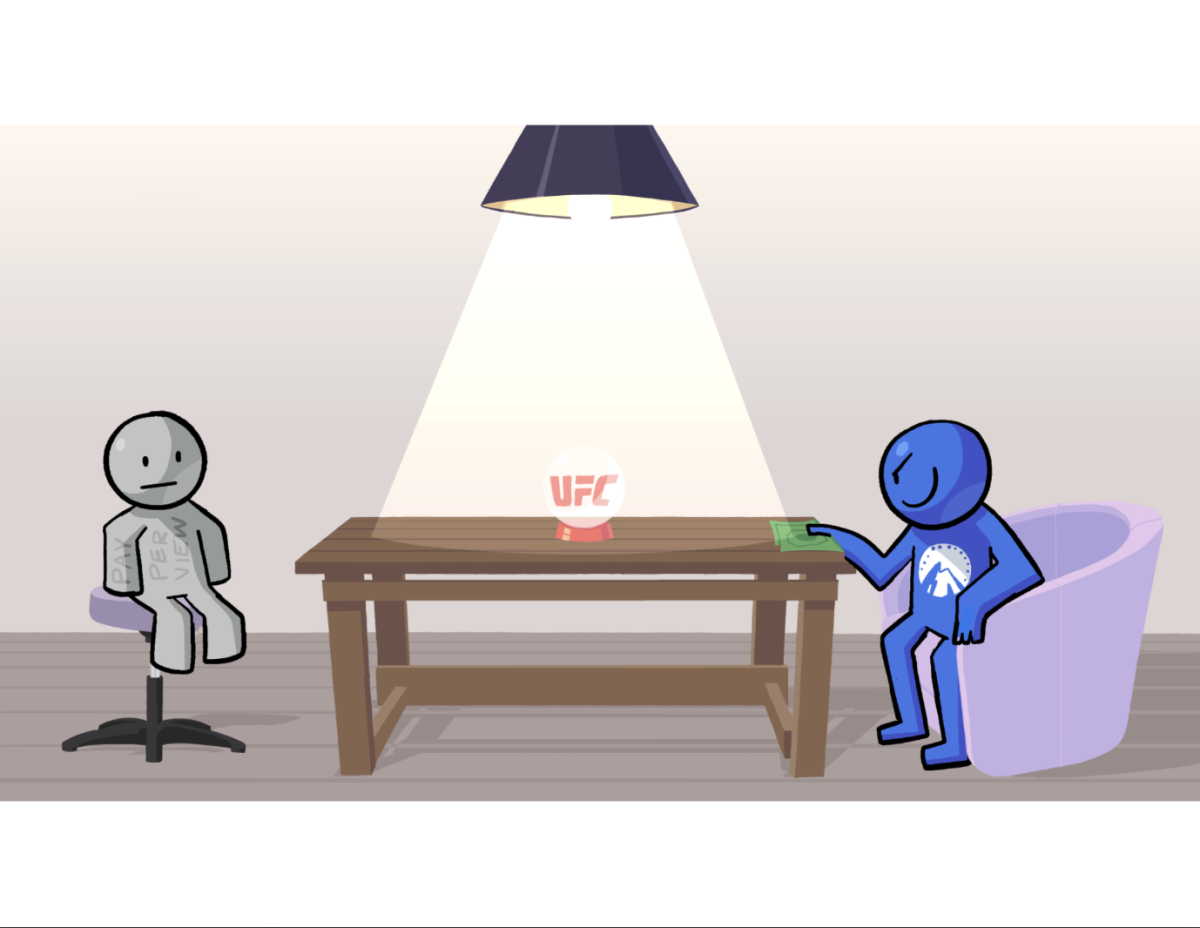In precarious times, it is necessary to utilize our voices to advocate for and create change. This past October, Loyola Cubs, alongside students from Dolores Mission parish, Verbum Dei, and Our Lady of Guadalupe High School, used their voices to advocate for legislation at the DC Capitol. Over the course of three days, the students collaborated to research propositions and measures that would improve the lives of Californians, then spoke to U.S. Representative Adam B. Schiff, now a senator, about solutions to issues. These included propositions addressing homelessness, immigration, environmental conservation, and combating sex trafficking.
The event was hosted by the Ignatian Solidarity Network, a Jesuit-directed social justice organization inspired by the spirituality of St. Ignatius himself. At the Ignatian Family Teach-in for Justice (IFTJ), approximately two thousand students from Jesuit high schools and universities, including Loyola High School, gathered in a conference that culminated in a meeting with public officials. Speakers like Fr. Bryan Massingale educated students on social issues and provided encouraging words each day. Following two days of preparations, our Cubs engaged in advocacy and civic engagement by meeting with government officials and lobbying for direct change to government representatives.
Principal Jamal Adams ’91 also participated in the advocacy in D.C. He led students in spiritual reflection at the Martin Luther King memorial. After this, Loyola Cubs went to the National Museum of African American History and Culture, delving into the complex and often painful history of the United States. The exhibits highlighted the resilience and contributions of African Americans throughout history, deepening the students’ understanding of systemic inequality and the importance of advocating for justice.
When asked about his experience at the Ignatian Solidarity Network, Justin Jacobo ‘26 regarded it as an “impactful way to get our voice heard and make a difference in the community and an amazing opportunity to work with other students.” This experience was then brought back to Loyola during Restorative Justice Week. During the week, students created presentations dedicated to informing sophomores about this trip.
When asked about the impact of speaking to representatives, Emil Sol ‘18, the Program Coordinator for Service & Justice, referred to this event as an “opportunity to be part of tangible change, as you are meeting directly with the decision-makers.” He also emphatically stated, “You are responsible for keeping them in office or selecting a different person for the office.”




